Naval fleet: regionally rooted, globally committed
The war in Ukraine and the 100 billion package: the turnaround proclaimed by Chancellor Scholz has also left its mark on the navy. In an interview with marineforum, the Inspector of the Navy, Vice Admiral Jan C. Kaak, explains the changed situation for his branch of the armed forces. The war in Ukraine has been going on for over six months. What does this mean in concrete terms for the German Navy? When I ordered the navy on 24 February to "Everything that swims, get out", it was with a sense of "Not during our watch!" And that is exactly what the men and women of the navy have - on land, at sea and in the air...
Weiterlesen

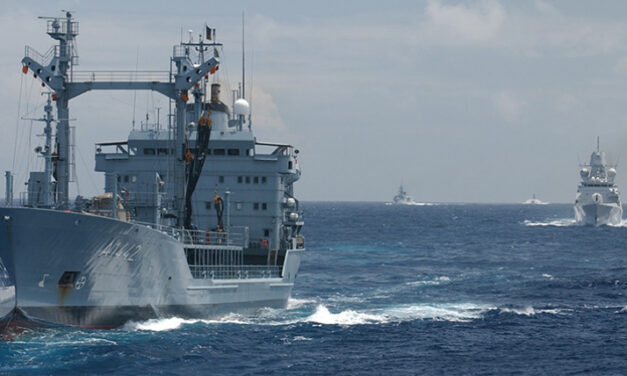
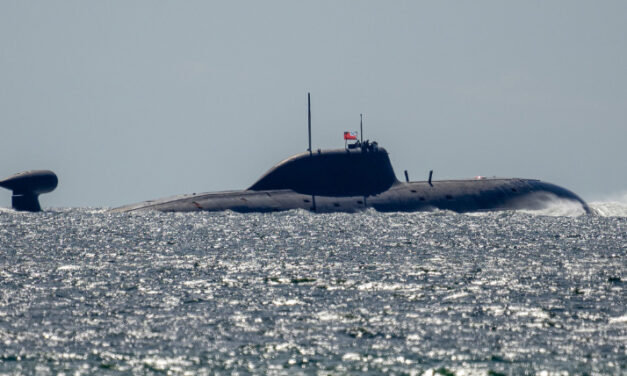
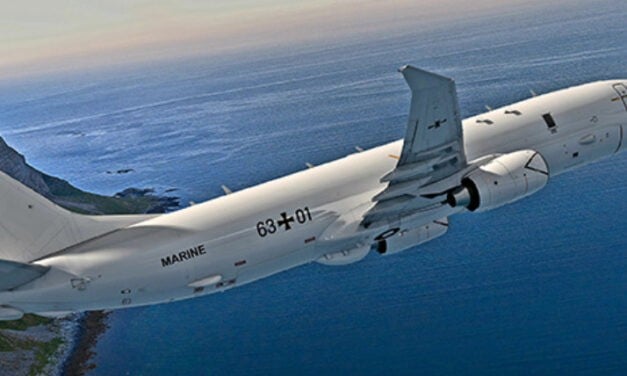
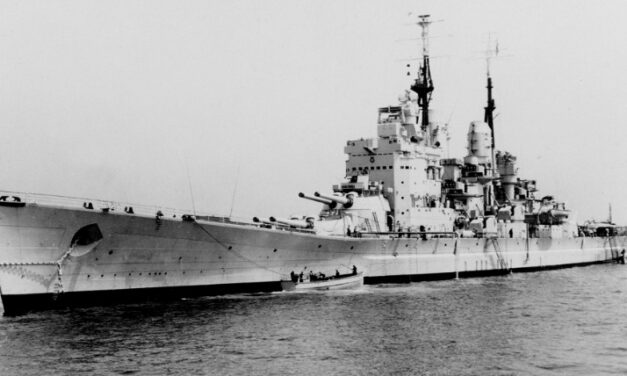
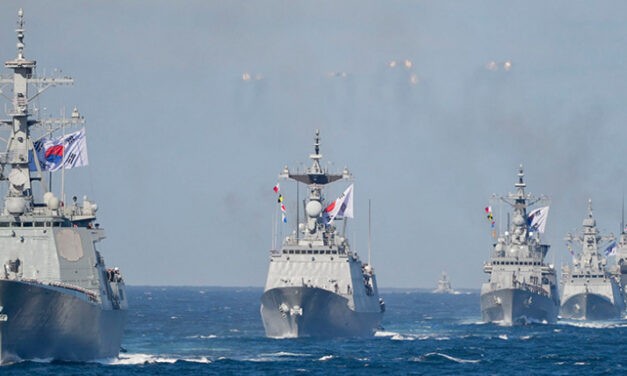
Recent Comments